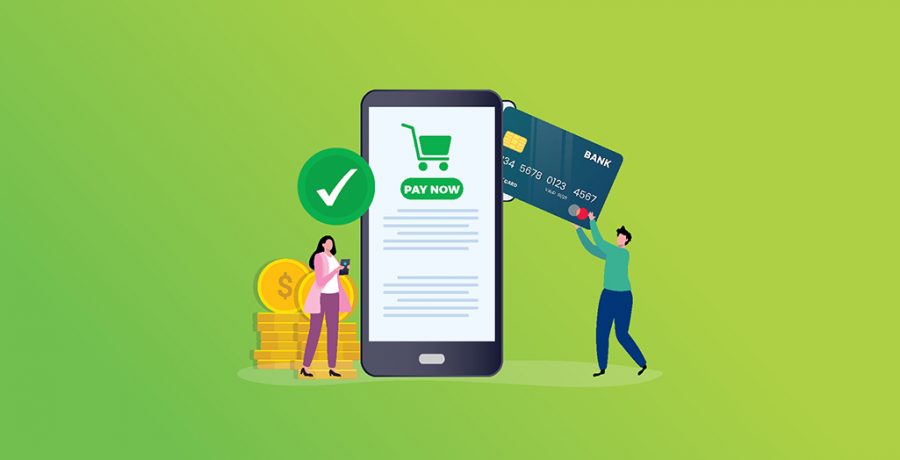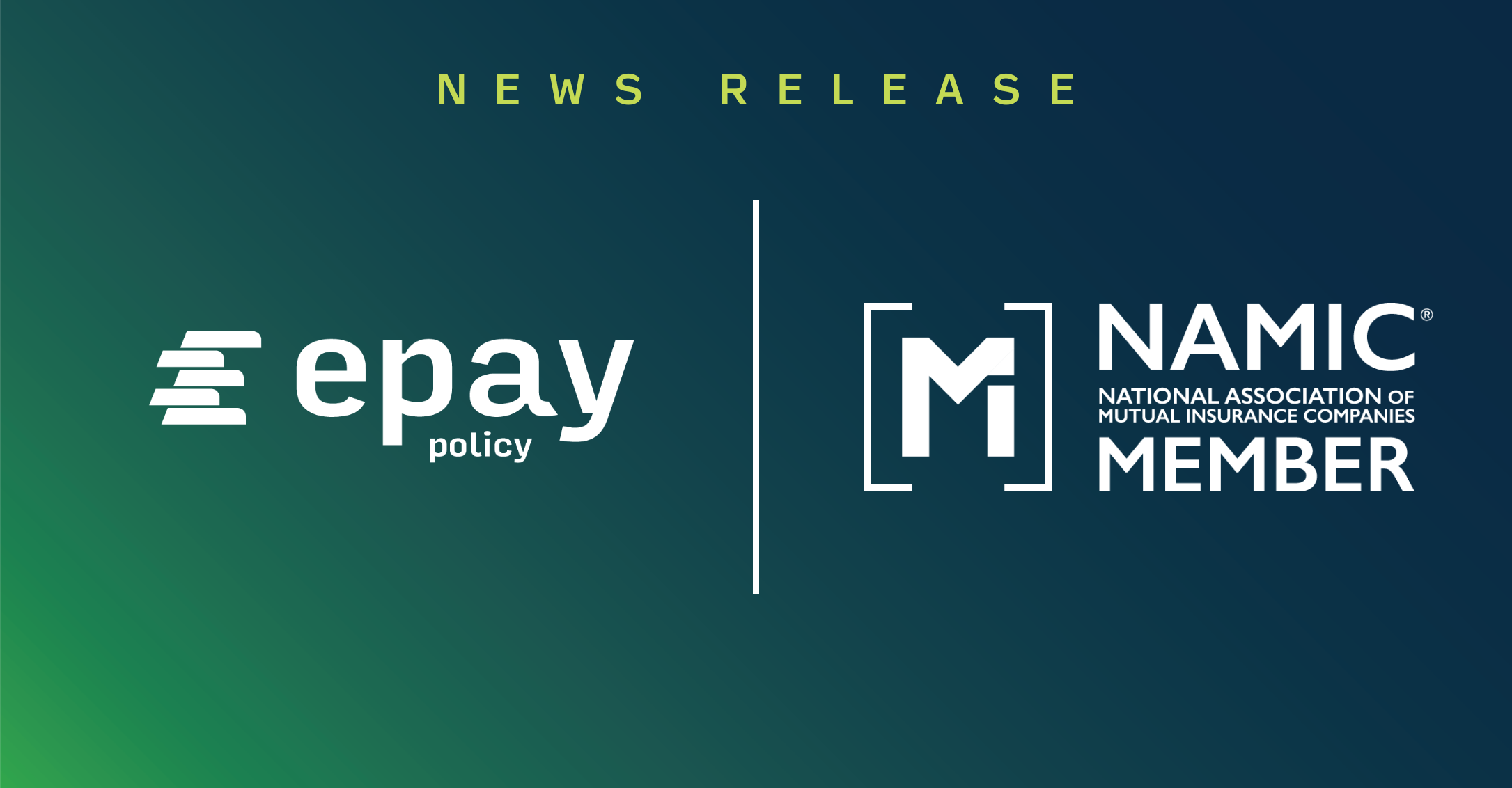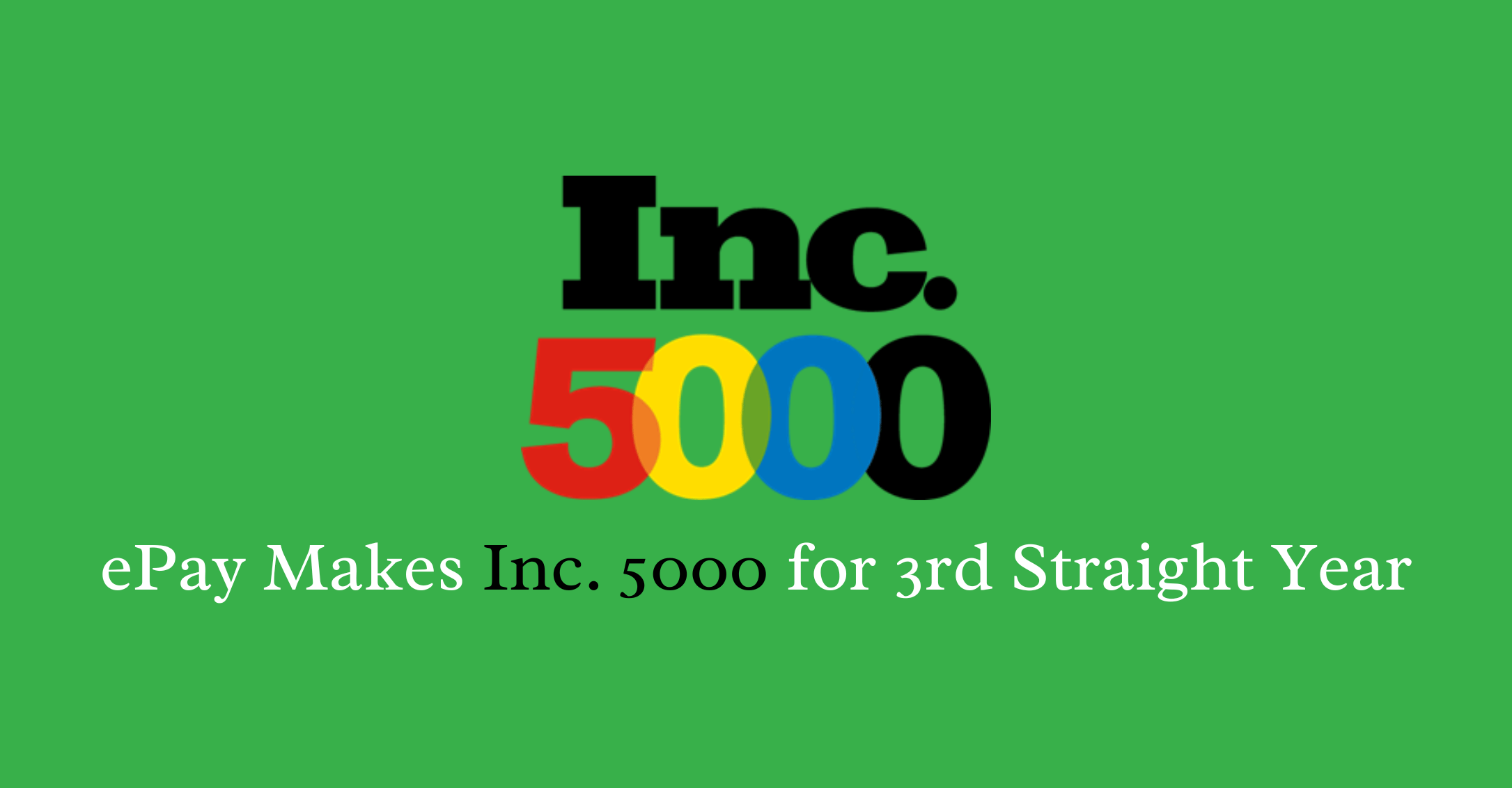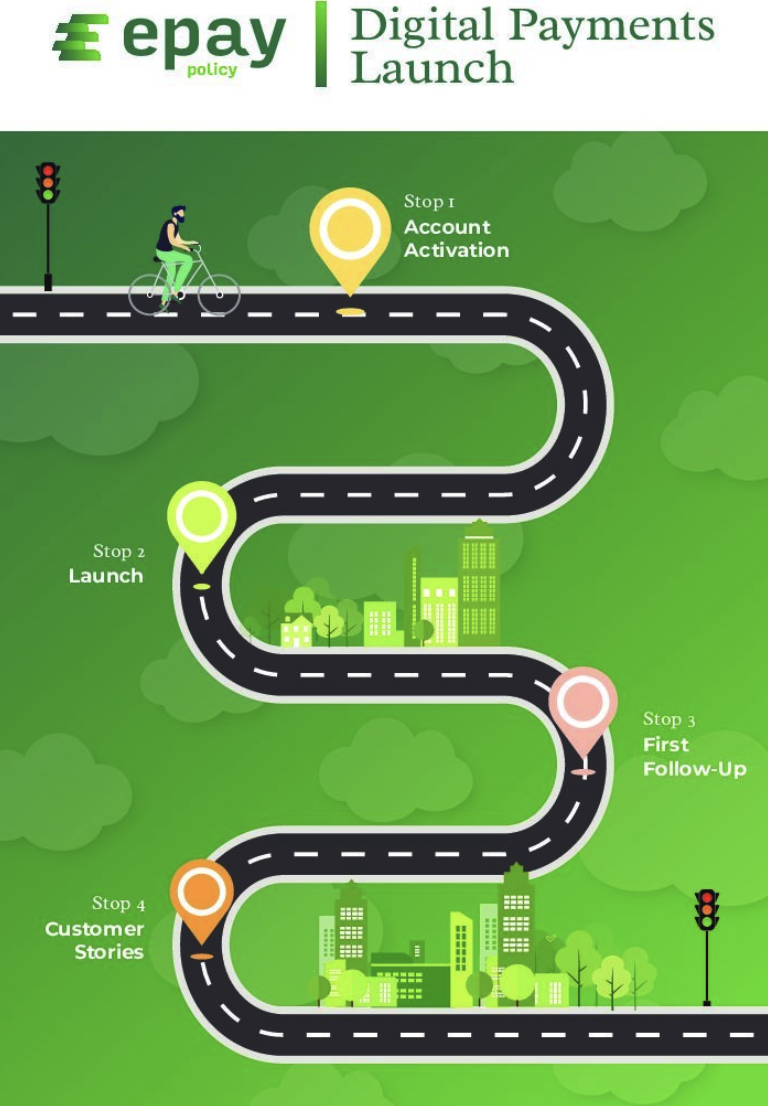The term “payment environment” is used a lot these days. It describes consumer preferences and trends in paying for goods and services. Notice that the phrase contains the word “environment.” It’s not by accident: paper-based billing and payments seriously impact the physical and natural environment!
We touched on these environmental drawbacks in our blog post on the hidden costs of paper checks. We understand your primary goal is to sell insurance and keep your clients happy—saving the planet may not be a top, or even mid-tier, priority. However, it’s good business to think about reducing your agency’s carbon footprint. You might want to care because…
Your Clients Care
Environmental responsibility is expected from more than just larger companies. Even small business owners are becoming more aware and incorporating sustainability practices.
Your Employees Care
Who among us doesn’t know about “reduce, reuse, recycle,” which now includes a fourth “r”: rot (compost). As consumers themselves, employees want to support environmentally friendly businesses. Working for one can be a source of pride.
It Can Save You Money
As discussed in the “hidden costs” blog, paper checks are more expensive to process than other payment methods. If you can cut costs without cutting corners on the environment, it’s a win-win.
Let’s do a quick comparison of payment methods and their impact on the environment.
Payments by Check
- The process of making paper checks includes excess energy, water and chemicals (not to mention the trees themselves).
- Transportation (mainly driving) of the check itself creates air pollution.
- As discussed in our companion blog on security, the process of mailing (or hand-delivering) and taking the check in for deposit enlarges your carbon footprint.
- Envelopes and stamps are added paper waste (and expensive).
If your agency has a paper recycling program in place, that’s great, but this cannot help in the other various ways paper checks have a negative effect on the environment.
Digital Payments
- There is no “production” involved (no use of natural resources or chemicals).
- There is no transportation involved (zero carbon footprint).
- There is no paper waste, because there is no paper, postage, or printed receipts (receipts are generated automatically and transmitted electronically)
From an environmental responsibility standpoint, the choice is clear, clean and sustainable. Digital payments are the way to go, and ePayPolicy makes those payments even more secure and sustainable.
Choosing the Green Option
Our payment environment is rapidly shifting to a digital payment environment. You might want to conduct a quick sustainability audit and show your business clients (and employees) you’re doing your part to support their efforts.
Switching from paper payments to electronic payments is easy with ePayPolicy, because we integrate with your AMS. It’s faster, simpler, and more convenient for your insureds. Additionally, it’s a positive green-business practice that will bring more literal “green” to your agency.




